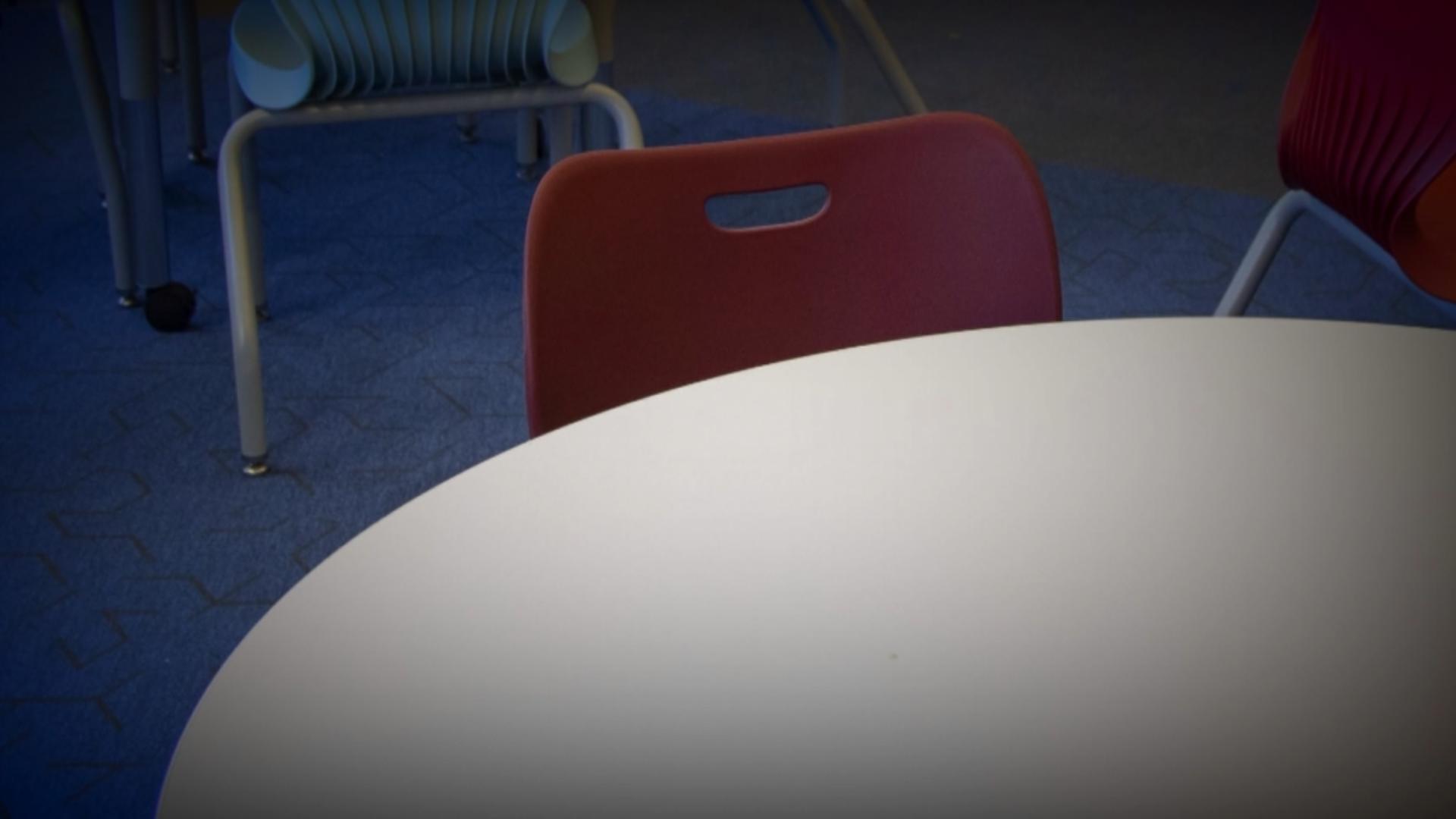PHOENIX — U.S. Rep. Ruben Gallego, D-Arizona, is proposing federal grants for schools to reduce chronic absenteeism. Not everyone agrees it’s the best approach but there is widespread acknowledgment something needs to change as chronic absenteeism remains more than twice as high as it was before the pandemic.
More than 1 in 4 Arizona students are 'chronically absent”
A student is considered “chronically absent” if they miss 18 days over the school year, an average of two days or more per month.
During the 2022-2023 school year, 28% of Arizona students were considered chronically absent. The average was higher (35%) for students categorized as “economically disadvantaged.”
Gallego’s “Keeping Our Students in Schools Act” would fund district positions and technology promoting attendance. Gallego said he personally knows the challenges less-privileged families face because he grew up in one.
“I had three sisters. My mom had one vehicle, and she had to use it to go to work. So I walked everyone to school,” Gallego said. “This is really just a program to empower our schools to get some of the tools that they can use to reduce chronic absenteeism.”
Gallego’s opponent in the upcoming U.S. Senate race, Republican Kari Lake, did not respond to a request by 12News for comment.
Money misspent or well-spent?
Gallego’s bill is in the committee stage and would need to pass there before having a chance for a floor vote in the House. The grants would be funded through the annual budget.
“This is actually a money-saving piece of legislation,” Gallego said, noting that kids who chronically miss school are more likely to need additional educational support down the road and are more likely to end up in prisons.
The bill would offer competitive grants for districts to:
- Provide student transportation
- Conduct student wellness checks
- Create student mentorship programs
- Invest in absenteeism monitoring software
- Hire instructional support staff
Critics: Get the feds out of school issues
Critics already question the amount the federal government spends on schools, saying it does not yield worthwhile results. Arizona Schools Superintendent Tom Horne, a Republican, tells 12News he’s not likely to support the proposal because it’s a state issue.
“The federal government gets into too many education issues where the U.S. Constitution gave the federal government zero responsibility for education,” Horne said in a written statement to 12News.
Horne said instead Arizona school districts should “bring back the old rule that nine absences result in the student failing the course.”
“Facing the prospect of the student flunking the course, the parent would make sure the student got back to school,” Horne said.
The pandemic caused new challenges
Many educators say it’s more complicated than that.
Since the pandemic, parents are more likely to keep their kids home if they show signs of being sick. Studies also show teens face unique mental health challenges caused by the pandemic and Arizona remains near the bottom nationally for student-to-counselor ratios. Administrators are also battling a behavioral shift among parents who don’t take attendance as seriously as they once did.
The director of Arizona School Administrators said school districts across the country would likely welcome federal support, though without “a lot of regulation” and “bureaucratic processes to accompany the resources.”
“We appreciate any effort that puts more dollars and resources towards addressing the root causes of absences,” said Arizona School Administrators Executive Director Paul Tighe. “These solutions can include things like targeted tutoring during the day, creative transportation arrangements, and hiring additional personnel like social workers who can help to engage and re-engage students and families in school to address absences before students fall behind academically.”
>> Download the 12News app for the latest local breaking news straight to your phone.
Up to Speed
Catch up on the latest news and stories on the 12News YouTube channel. Subscribe today.

